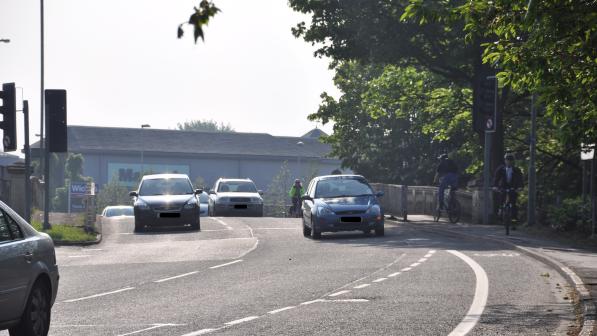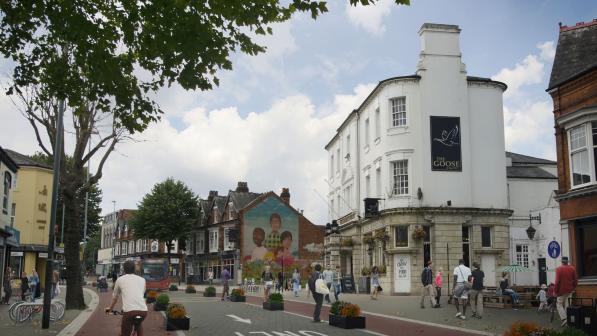New research: cycling and walking “could save NHS billions”
The latest report from the green thinktank argues Government is not doing enough to limit energy demand despite its work on reducing emissions from energy supplies through the phasing out of coal.
The Green Alliance says the Government needs to reduce energy demand in buildings through insulating homes and transport by encouraging people out of their cars, if the UK is to cut emissions to net zero by 2050.
As well as reducing emissions, public health would improve and the risk of early deaths due to air pollution and poorly heated homes would decline.
Libby Peake, head of resource policy at Green Alliance, said: “The Government’s approach to energy is self-defeating.
“It ignores half of the equation and denies people considerable benefits.
“Not only would reducing demand help to reach carbon reduction targets earlier, it would also reduce infrastructure costs and benefit everyone – through cleaner air and healthier lives.”
At least ten per cent of the transport budget could make a difference to the way we travel.
Duncan Dollimore, Cycling UK head of campaigns
With transport emissions the largest source of air pollution in the UK, the thinktank says current policies will see a shortfall in what is needed. The Green Alliance’s projections are a reduction of only six million tonnes compared to 70 million tonnes a year needed by 2032.
The report, based on research by the Centre for Research into Energy Demand Solutions, points out by simply switching 1.7% of car journeys to walking and cycling there would be a massive impact.
The switch would prevent annually an estimated 65,000 early deaths from air pollution, and deliver £2.5bn in health benefits, principally through a reduction in diabetes and cardiovascular disease.
Commenting on the report, Cycling UK head of campaigns Duncan Dollimore said:
“The maths are simple and the evidence overwhelming: investment in cycling and walking saves money and lives. At least ten per cent of the transport budget could make a difference to the way we travel and should be a priority for the Government in the next budget.
“It's incredible that the penny hasn’t dropped yet. Getting more people moving more actively is such a quick, comparatively cheap, and easy way to help climate, air pollution, inactivity related public health and congestion related crises that it begs the question: why wouldn’t you do it? “



